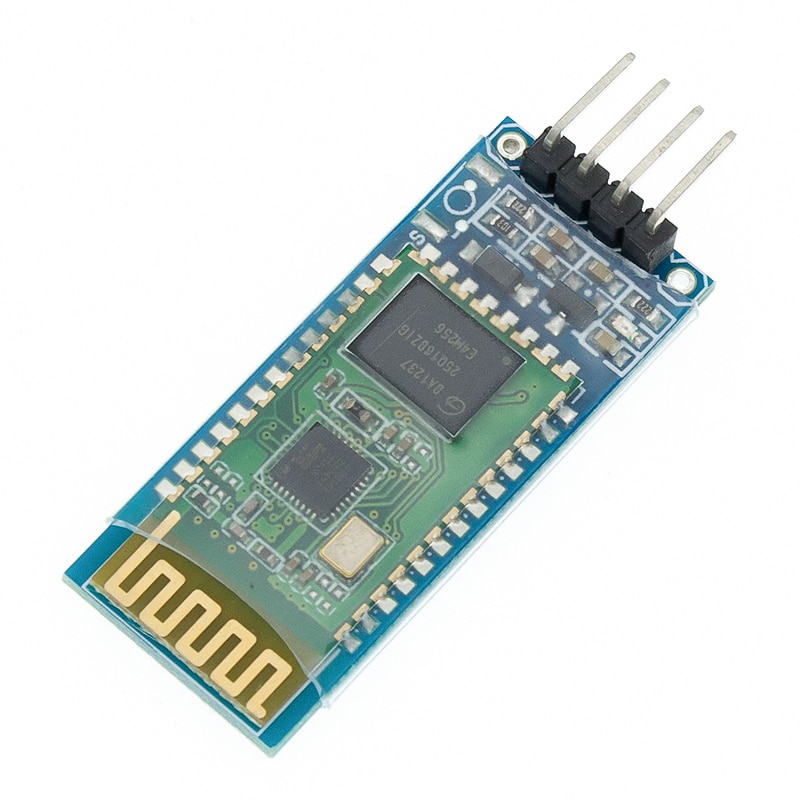gerritv
Gerrit
stub drills, 135dg, most are split point. All adds up to little or no wander on a flat surface. I just lightly touch first to make a tiny spot, then go in.No spot drilling??? Don't you worry about tip wander?
Last edited:
stub drills, 135dg, most are split point. All adds up to little or no wander on a flat surface. I just lightly touch first to make a tiny spot, then go in.No spot drilling??? Don't you worry about tip wander?


look forward to a picture of this whole contraption your building mounted
I would just get a 7mm ER32 collet. Very common. 17/64th —> ~ 6.75 mm; it will never fit a 1/4” collet as that would have to “stretch” - which ERs don’t.
I agree and it makes sense that a collet should not be stretched at all. I have OZ25 collets and I have never been able to find the recommended squeeze range for them but I use 1/64" as that is what I saw for other er collets I believe.And collets do have a recommended squeeze range (diameter reduction) but that varies by collet type.
My OZ25 collets are easy and cheap to find in metric, not so much in imperial but I do have a set of 10 ranging from 1/8" to 1"@gerritv @PeterT - I am aware that the collets can't be expanded - only tightened, and that they can accomodate a range. But I appreciate your input anyway. You don't know what I know or what I don't know - so better safe than sorry.
I want to believe that you are right that metric collets really are metric, and that Imperial Collets really are Imperial. But the more I look the more I find evidence to the contrary. It makes me nervous.
For example, I looked a little closer at the little machine shop collets. Contrary to my first assumption, it turns out that they are actually metric with Imperial markings. Not imperial with metric. Go figure!
Believe it or not, I actually think getting a true metric collet is more likely on Ali just because they are much more likely to make the mistake (if it is a mistake. Wierd trying to think like them. LOL)
My take away from this little exercise is: If you are buying ER Collets, make sure you are really getting what you think you are getting, or at least make sure that you will be happy either way - which is of course entirely possible.
I'm actually finished the job that I needed a metric 7mm collet for. Since it was in range and since it just felt bad but was really ok, I just ignored my concerns and cranked the collet down. So there is no rush anymore at all.
Right now, my plan is to buy a few selected metric collets (only as required) from someplace like Amazon or my local jobber so they can be returned if they are not really the true metric ones I want.
I actually think getting a true metric collet is more likely on Ali just because they are much more likely to make the mistake (if it is a mistake. Wierd trying to think like them
I think the likelihood of metric is more likely because Ali (and large part of manufacturing world) is predominantly metric when it comes to tooling at least, unless they think there is a market for imperial. They do the same thing btw, list things as IMP. I assume to be helpful. But for every Imperial tap or end mill on Ali, you'll see 1000 metric
@Susquatch you are over thinking this.
A more reputable source of info, Haimer. They list metric and imperial collets. If you do the conversion, a 2-3mm collet has a max opening of 3mm or 0.118" , a 1/8" collet has a max opening of .125". A 3-4mm collet would have a max opening of .157" so a 3mm shank would fit but again, not optimal. Within the ranges as presented on LMS their reco works, but not best practice for holding power.
There has been a difference in quality of the collets however, some were just not as nicely finished of (burrs on inside slits mainly)
